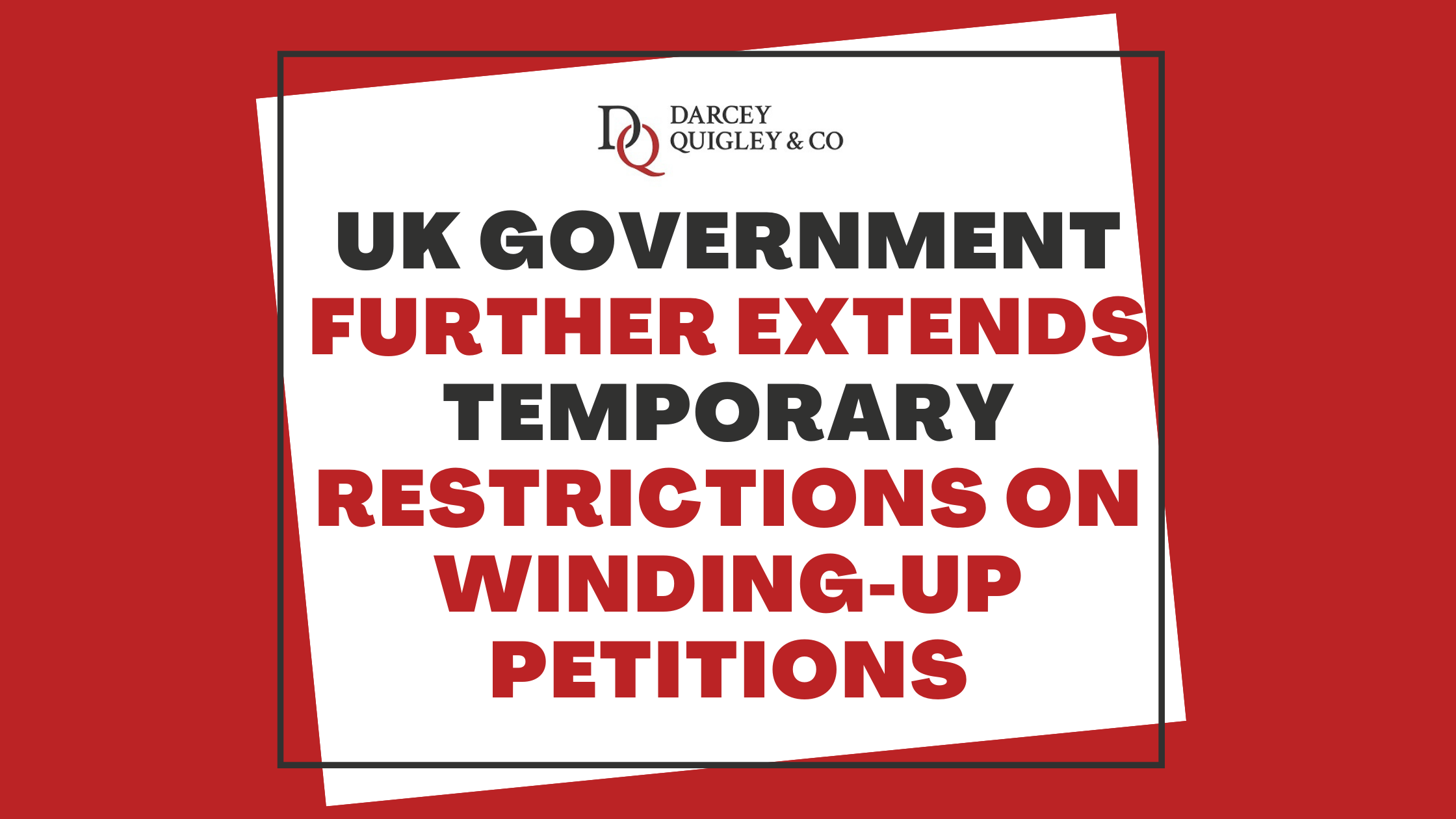Navigating Change: Impact of the New UK Government on Small Businesses and Late Payments
As political landscapes evolve, businesses, particularly small enterprises, must adapt to new policies and regulations introduced by incoming governments. With the recent formation of the UK Labour government, small businesses are poised to experience changes that might influence various aspects of their operations, including the handling of late payments.
This blog post explores how the new government’s initiatives could impact small businesses in the UK, specifically focusing on late payment practices and strategies for navigating potential challenges.
In the Labour manifesto, the government explains the importance that small businesses have on the UK economy and the ambitious plan to support them. They claim they will “Unlock £20 billion in unpaid invoices”. The Prime Minister has stated that the government aim to do this by requiring large businesses to better report on their payment practices in their annual reports. The idea is that this will expose late payers and make them more accountable.
Impact on Small Businesses and Late Payments:
The initiatives proposed by the UK Labour government signal a positive shift towards addressing issues of late payments, which have long been a concern for small businesses. By prioritising prompt settlement of invoices and promoting transparency in financial transactions, the government aims to level the playing field for small enterprises and foster a more conducive business environment.
To navigate the evolving landscape under the new UK Labour government, small businesses can take proactive steps to manage late payments effectively:
1. Review and update payment terms: Ensure clear and concise payment terms are included in contracts and invoices, outlining expectations and consequences for late payments.
2. Communicate openly: Maintain open channels of communication with clients regarding payment schedules, addressing any issues or discrepancies promptly to prevent payment delays.
3. Seek professional advice: When any concerning behaviours occur, it’s important to engage with professional advisors like the team at Darcey Quigley & Co. Our team can offer advice and suggestions if late payments are a concern and regulatory changes have affected your business.
As the UK Labour government introduces initiatives to support small businesses and address late payment practices, businesses must prepare for potential changes and leverage opportunities for growth and development. By proactively adapting to new regulations, enhancing financial management strategies, and fostering strong partnerships within their business networks, small enterprises can navigate the evolving landscape with resilience and success. Embracing a proactive approach to managing late payments will not only ensure financial stability but also contribute to a thriving business ecosystem under the new government’s vision for economic reform.
If you have questions about an outstanding payment, schedule a call with one of our friendly commercial debt specialists here or phone 01698 821 468.
Lynne is the Founder and CEO of Darcey Quigley & Co.
She is passionate and determined to help businesses get overdue invoices paid quickly.
Having worked within the credit management industry for over 27 years and ran UK leading commercial debt recovery specialists Darcey Quigley & Co for over 17 years, Lynne has helped businesses recover commercial debts from every continent across the globe.
Connect with me on LinkedIn!









